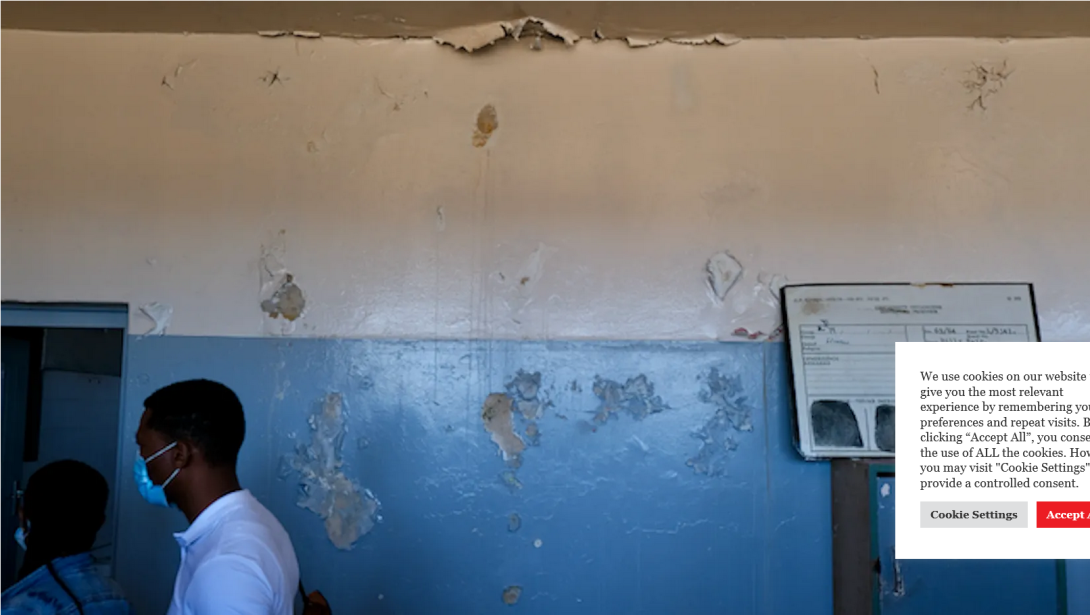
Especially if the importing country “has low capacity for monitoring trade”. South Africans exposed to high levels of lead chromates despite legal limits – children most at risk
By Jesse Copelyn 29 Oct 2024
In 2022, more than 700 tonnes of lead chromates – which are used to add colour to paints – were imported into the country from India alone.
In the 2000s scientists discovered that toxic lead paint had been used widely across South Africa, coating everything from residential homes to playground equipment. In many cases, the paint was chipping, forming lead dust that children could inhale or get on their hands and mouths. This would increase their risk of heart disease and may affect brain development.
In 2009, the national Health Department responded by setting legal limits on the amount of lead that manufacturers could add to paint (something countries like France and Belgium had done 100 years prior).
Earlier this year, the threshold was dropped even further, to a level that effectively prohibits people from intentionally adding lead to paint. The South African Paint Manufacturers Association had for years been advising its members to meet this standard in preparation for these new regulations.
Despite this, South Africa has continued to be a top importer of lead-based pigments, according to a new report by the International Pollutants Elimination Network (IPEN). In 2022, the country imported 713 tonnes of lead chromates from India alone.
Lead chromates are used to add colour to paints (and occasionally plastics) and to make them more resistant to corrosion. Non-toxic alternatives have been available for decades, which has allowed some countries to phase them out.
The report shows that from 2020 to 2022, Indian companies exported lead chromates to 78 countries. South Africa was the third-largest recipient on the list in 2021 and 2022. South African companies have also been buying lead chromates from France and Germany, according to the research, though the total amounts are unknown in these cases.
Dr Sara Brosché, lead author of the report, told GroundUp that wealthier countries needed to avoid double standards in the trade of lead: “Richer countries have a responsibility not to export toxic chemicals banned in their own countries.” Especially if the importing country “has low capacity for monitoring trade”.


Comments1
Why all I may be is absolute hatred for Nazis.
Why all I may be is absolute hatred for Nazis.